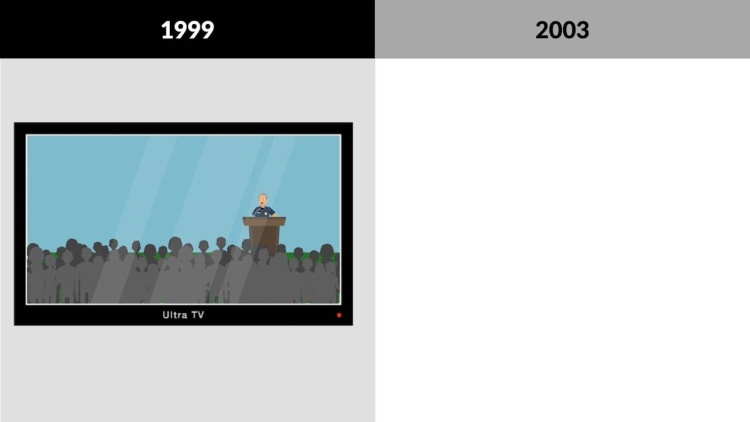Patterson v. Burge
United States District Court for the Northern District of Illinois
328 F. Supp. 2d 878 (2004)
- Written by DeAnna Swearingen, LLM
Facts
Chicago Police Department Lt. Jon Burge, Sgt. John Byrne, Detectives James Pienta, William Marley, Daniel McWeeny, Joseph Danzl (defendants), and others were assigned to the 1986 investigation into the murders of Rafaela and Vincent Sanchez. Aaron Patterson (plaintiff) claimed that the defendants repeatedly violated his constitutional rights during the investigation, which led to his arrest and wrongful conviction. Specifically, Patterson claimed that the defendants obtained coerced testimony against him from the 16-year-old niece of another suspect, threatened a suspect in an attempt to coerce additional false testimony, ignored reports that two other men committed the murders, threatened and tortured Patterson until he confessed, beat Eric Caine (Patterson’s co-defendant in the murder trial) until he confessed, and offered false reports and perjured testimony. Patterson was convicted and sentenced to death. An appellate court affirmed the conviction, and Patterson spent 13 years on death row. In response to Patterson’s claims of innocence and torture, Sgt. Byrne stated that Patterson was guilty and had never been tortured in a televised interview in December 1999. On January 10, 2003, Illinois Governor George Ryan pardoned Patterson. Patterson filed civil suit against the defendants in June 2003 for violations of his constitutional rights. One of Patterson's claims was that the defendants violated his Fifth and Fourteenth Amendment due-process rights by fabricating and coercing the false testimony that convicted Patterson; by withholding the fact that the information was false from prosecutors, Patterson's defense and the judge; and by suppressing evidence that would have exculpated Patterson. The defendants moved to dismiss Patterson's complaint.
Rule of Law
Issue
Holding and Reasoning (Gottschall, J.)
What to do next…
Here's why 899,000 law students have relied on our case briefs:
- Written by law professors and practitioners, not other law students. 47,000 briefs, keyed to 994 casebooks. Top-notch customer support.
- The right amount of information, includes the facts, issues, rule of law, holding and reasoning, and any concurrences and dissents.
- Access in your classes, works on your mobile and tablet. Massive library of related video lessons and high quality multiple-choice questions.
- Easy to use, uniform format for every case brief. Written in plain English, not in legalese. Our briefs summarize and simplify; they don’t just repeat the court’s language.





